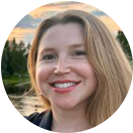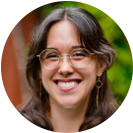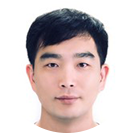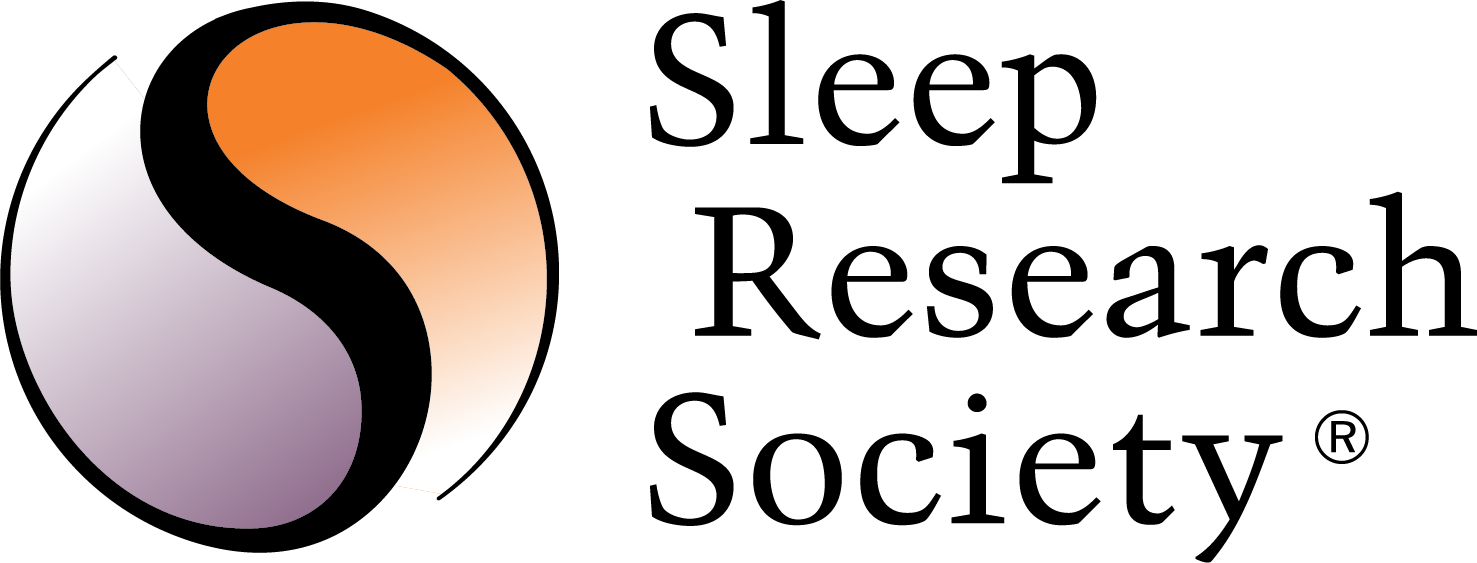SRSF Career Development Award
Overview
The goal of these mentored awards is to invest in promising early career researchers and assist with their transition into independence as junior investigators. The SRSF expects to fund up to four awards and each award will be funded up to $50,000 for one year of support. Recipients are expected to apply for a mentored or independent federal research award within the funding period. A second year of funding is not available in this award cycle.
Scope of Research Supported
The awards are intended to further our understanding of sleep, circadian rhythms and sleep/circadian rhythm disorders. Submitted proposals will need to be considered cutting edge sleep/circadian research.
Up to four awards will be chosen under the broad topic of sleep/circadian research.
The 2026 application period is now closed. Applicants will be informed of their status in late November.
The overarching question assessed by the reviewers will be: Will this support enable the candidate to develop the skills, knowledge and/or preliminary data needed to apply for the mentored or independent federal research award outlined in the application?
- Potential of applicant for a career as an independent investigator in sleep/circadian research.
- Quality and innovation of the planned research, including how this research will facilitate applying for a CDA (Career Development Award) or independent research award. The scope of the project should reflect the length of this award (1 year).
- Appropriateness of the training plan given the proposed project and the applicants prior training and planned career pathway.
- A well-justified budget (including other sources of support for the applicant and the proposed project).
- The mentor’s commitment to providing the necessary support and resources to ensure the applicant’s success in this project and in their overall career development.
Please contact the SRSF awards program department at coordinator@srsnet.org with any questions.
Below, please find the approximate timeline for the SRSF Career Development Award:
- Application Opens: May 15, 2025
- Application Deadline: Sunday, August 24, 2025, at 11:59pm CT
- Applicants Notified: Late November 2025
Awardee projects can begin once a signed agreement is in place.
Please note: This timeline is approximate and is subject to change as necessary.
General Application Questions
What is the required format for the application?
Required format: Margins: .5”; Font: Arial 11 pt, single spaced; no smaller than Arial 10 pt in figures and tables. Please adhere to the framework of the application.
How do I submit my application?
An application, plus subsequent materials should be combined into 1 PDF file and submitted to coordinator@srsnet.org by the stated deadline.
How/where to submit the letter from your institution agreeing to the no indirect costs?
The letter should be included in the PDF that is submitted; you can include it at the end of the file.
When will I be notified of the status of my application?
Applicants will be notified by late November.
What if I submit my application after the deadline?
Applications received after the deadline are not accepted.
Applicant Eligibility
Do I need to be a member of the SRS to apply for the award?
Applicants must be an active Sleep Research Society (SRS) member at the time of applying for the award.
Do I need to be a US resident to apply for the award?
No, qualified applications will be reviewed for US and non-US residents.
Am I still eligible for the award if I received my doctoral degree 10 years ago?
Applicants must be early career investigators within 10 years of receiving their doctoral degree who are at the post-doctoral, instructor, or assistant professor level. If you received your doctoral degree longer than 10 years ago, you would not be eligible for the award.
If I received a grant of more than $75,000.00 but the amount for direct costs was less than $75,000.00, am I still eligible to apply?
No, SRS looks at the total amount of the funding; and if it is more than $75,000.00/year, you are ineligible.
Does Research Project Lead (RPL) funding count as PI funding for the CDA?
Research Project Lead (RPL) funding does count as PI funding for the CDA.
Mentors
Is this a mentored award?
This is a mentored award. The mentor letter should come from the intended mentor in the CDA application to be submitted during the award period.
Does your mentor need to be well established in sleep research?
Your mentor does not need to be well established in sleep research. If this is your case, please acknowledge and address this in your application.
Can I include more than one researcher as my mentor?
Yes, it is okay if you include multiple researchers as your mentors.
Is it ok if one of my mentors is not in my lab and we communicate mostly online?
It is okay if one of your mentors is not in your lab and you communicate mostly online.
Can someone be a mentor on more than one application?
Yes, someone can be a mentor on more than one application.
Budget
Can I request indirect costs in the budget?
No indirect costs may be requested. This includes course release (reduced teaching load). Award funds can be used to pay awardee’s salary but not for course buyouts. If the awardee’s dean released them from their courses, that could be considered as in-kind contribution.
Does the budget cover travel to international meetings?
The only travel costs supported by this award are for the annual SLEEP meeting.
Are consultancy services and publication costs considered as research or training expenses?
Consultancy services could be a research expense depending on what the consultant is used for. Publication costs go under other expenses.
Do you allow for subawards: such as an extension study of an ongoing NIH-funded multisite grant to use the award for the participants’ compensation costs and MRI scanning sessions within the extension at a hospital?
Yes, this is allowed.
Award Receipt
What is the funding period for the award?
The funding period is January-December.
Is the award ever given directly to individuals rather than institutions?
The award is not given to individuals, only to their institutions.
Is it acceptable for the award to be managed through an external consulting arrangement if my institution is unable to accept the award directly?
No, your institution will be the recipient of the award, not an external consulting agency.
Biosketches
Can I submit my CV instead of a Biosketch?
No CVs allowed. Attach NIH Biosketch for PI and Mentor using the latest NIH Biosketch format.
Mentor’s Letter of Support
Is there a page limit for mentor letters?
There is no page limit for mentor letters.
If I have two mentors, should I include two separate Mentor Letters of Support (one from each mentor), or is it acceptable to submit a single combined letter signed by both?
You can either include two separate mentor letters of support or combine them into a single letter signed by both.

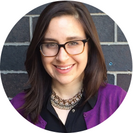
2026 Award Recipients
